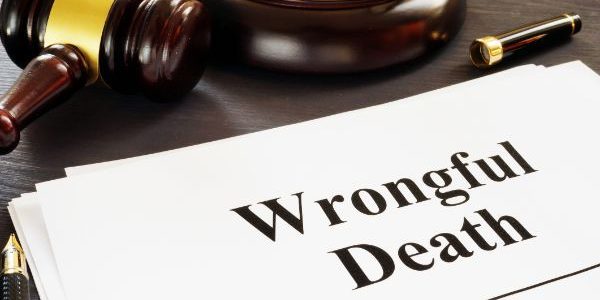No one wants to lose a loved one and especially to an accident. Sadly, personal injury is occasionally intertwined with estate work when the deceased person passed away as a result of the mistaken actions of another. In these situations, the estate and the personal representative are involved in the personal injury action as they make a claim for wrongful death.
What is Wrongful Death?
Wrongful death is a civil action against the person or entity who can be held liable for an individual’s death. It is brought by the estate or by close relatives of the deceased. There may also be a criminal action, though wrongful death actions are more common in the event that criminal actions fail, or were not attempted in the first place because the act did not rise to a criminal level.
Often, wrongful death involves getting the insurance of the bad actor or company to pay. While no amount of money can replace a loved family member, the insurance funds are a way to help smooth the transition to no longer having the support, comfort, and care of the lost individual.
What does the Estate do?
The estate, through the personal representative, represents the interests of the deceased individual. This may mean bringing a personal injury lawsuit to collect from the wrongdoer or simply working with the wrongdoer’s insurance company to collect on the policy. Wrongful death actions can be as simple or as complex as any lawsuit, though if the liability is clear and there is insurance on the other side, they tend to be straightforward.
Where do the funds go?
The goal of wrongful death payments is to try to make reparations for the loss of an individual. This generally means looking at who is economically dependent on the deceased person, whether because they support someone, live with someone, or provide care and comfort to someone. Damages can also be used to cover funeral expenses, medical expenses related to their final injury, lost wages and future wages, the family’s pain and suffering, loss of companionship, and punitive damages. The type of damages being compensated for direct where the funds will go. For example, damages collected for burial expenses are used to pay the funeral home or refund the individual who fronted those expenses.
The court can also direct in its order where the funds go. This provision of funds does not have to align with the individuals’ estate plan. Instead, the court will take into consideration costs such as medical and burial costs and what individuals are economically dependent on the deceased. From there, the court will determine, often at the estate’s recommendation, how the funds from the wrongful death actions should be disbursed.
The experienced trust and estates planning team from Dunn Law Firm have helped families handle wrongful death actions. To learn more, reach out to the Dunn Law Firm by calling (435) 628-5405 to set up a free consultation today.







